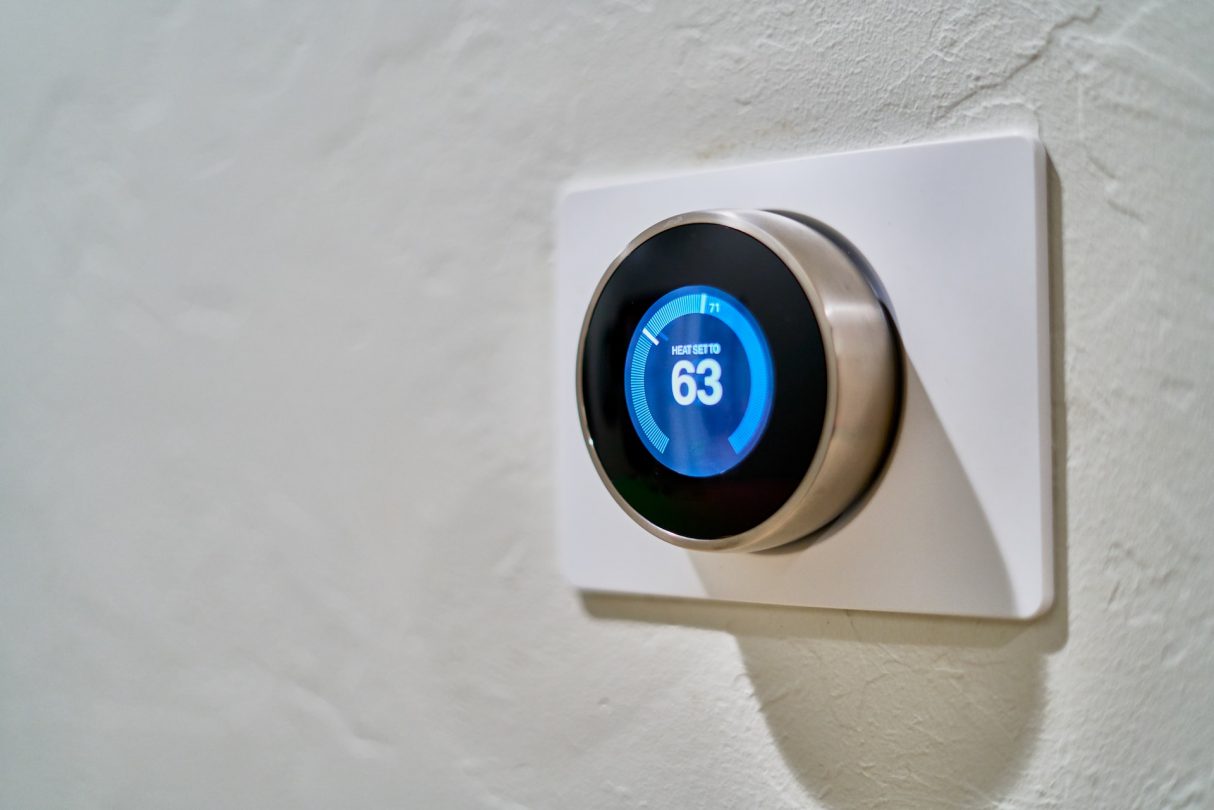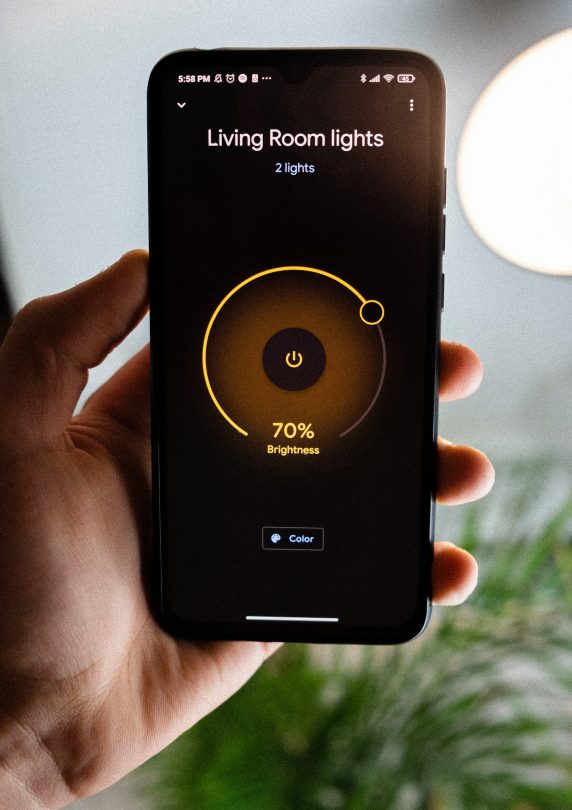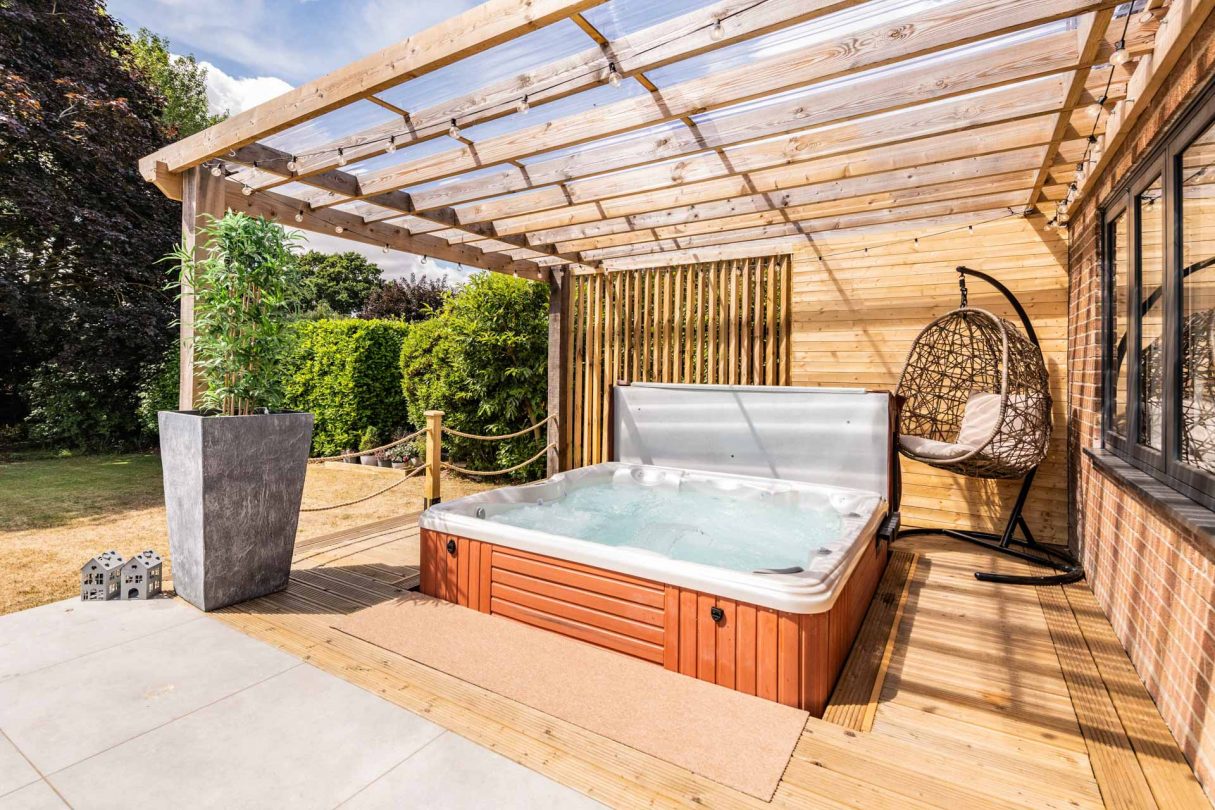Technology All Airbnb Hosts and Holiday Home Owners Should Consider Using
The UK holiday rental market has seen numerous innovations in recent years, from software that helps with marketing to monitoring systems that detect noise. The question is, what do you need, and is it worth the investment?
Heating and hot water:
Nest and Hive are two of the most popular heating apps on the market. They allow for constant control over your heating from any location (providing you have internet connection) and mean you can remotely switch on your heating just in time for your guest’s arrival.
In times when heating bills are through the roof, and in some cases are crippling owner’s profit margins, technology such as Hive and Nest can be very useful in cutting costs. It automatically can adjust to your (or your guests) habits and optimises your heating schedule, it can even detect when no one is home and will lower the temperature automatically.
While it’s true that they can be quite expensive compared to alternative options, we believe that the control and flexibility they provide is worth the investment. In our opinion, this investment will save you more than enough time and money in the long run.

Remote monitoring technology:
Do you want to know when your guests arrive or make sure they have checked in okay? Doorbell cameras can give you peace of mind, especially if you’re letting out larger properties that might be at risk of parties. With doorbell cameras you can see that your guests have arrived safe and sound, providing reassurance that your directions were accurate and check-in instructions were followed correctly. In the event that a group is filled with a larger party than on the original booking form, you can address this quickly and take appropriate action.
While 99% of guests arrive, enjoy themselves and leave with fantastic memories, there is of course the 1% who either experience a problem, or cause one. Doorbell cameras can reduce this percentage even further. Another piece of technology that allows hosts to minimise issues is, NoiseAware. This device monitors sounds level (decibels) and much like the remote doorbell camera, has some clear advantages:
- It can help owners prevent noise complaints, parties, and property damage by warning you when noise reaches a certain threshold.
- It allows you to be preventative rather than reactionary should guests be at risk of disturbing neighbours.
- It can help by protecting your reputation, reviews and revenue by ensuring both your guests and neighbours have a positive experience.
- It can be used across multiple properties and accessed from a single convenient dashboard in real time, making it suitable for property managers as well as individual hosts.
Smart lighting:
Smart lighting is an advanced way to light your home using smart LED bulbs. These bulbs contain software which connects to an app or smart home assistant allowing you to automate your lights or control them remotely. Guests love them as they provide a high-tech feeling to a home, whilst for hosts they have several key advantages.
- Hosts can control them remotely allowing you to make the place look welcoming ready for guests arrival – Especially on those cold winter nights!
- You can turn all the lights off after guests have checked out, saving money on energy bills and helping the environment.
- Security! As a precautionary measure, during times of extended vacancy, owners can create the illusion the property is occupied warding off any potential intruders.

Check-in / Check-out:
It appears the days of handing over a key whether in person or via a lock box are soon to be things of the past. In recent years many hosts and owners have opted for installing a key pad directly onto the front door. The key advantage of such a system is that you remove the possibility that guests will struggle unlocking the door, or even worse – lose the key!
Smart locks have also entered the frame in recent years, and provide a more nuanced product than the more traditional key pad. Smart locks can be controlled remotely and can be programmed with unique codes for each guest. Excellent for security, but also should a guest have any difficulty a host can even open the door remotely. Software companies such as Remote Lock facilitate this service, and even integrate with the likes of Airbnb and VRBO directly!
Although not suitable for everyone, some hosts have found great benefit in installing Bluetooth and Wi-Fi locks. These allow guests to directly gain access using their smartphone! The key disadvantage is that guests may have to download an app to gain entry, which could make the process more, rather than less difficult – especially for the less tech-savvy among us!
Pool and Spa Automation:
Automation for swimming pools and hot tubs, much like the technologies mentioned above, allow owners and managers to control your equipment remotely. This includes managing filtration, sanitation, cleaning, and lighting. Additionally, it can help with energy costs as you can remotely control when the heating function is active, and only have this running when guests are checking-in that day, or currently occupying the property.
Apps like SmartTub allow hosts to:
- Adjust the temperature, jets and lights.
- Lock down your hot tub and prevent usage.
- Set up an automated usage schedule.

If you would like further information on the ways in which your life as an Airbnb host or holiday home owner can be made easier, contact Norfolk Holiday Properties at 01603 981390.
